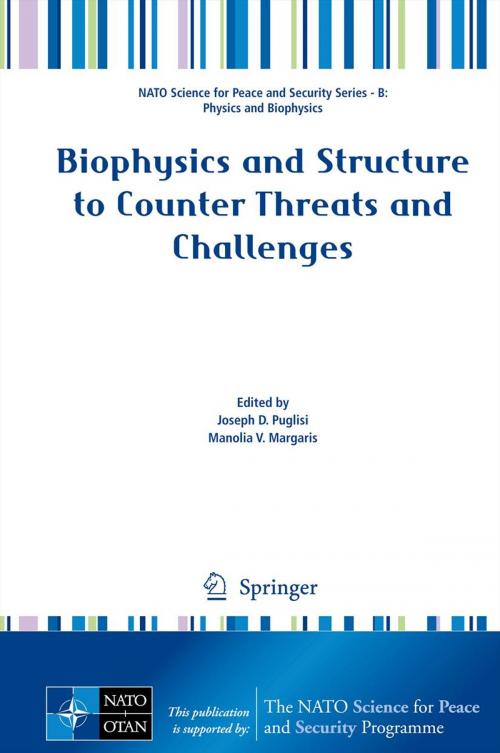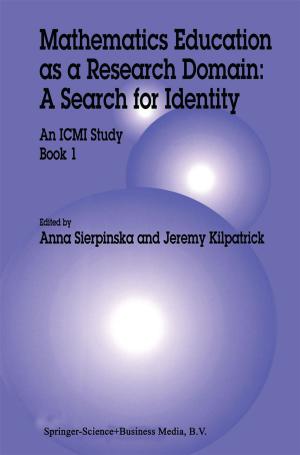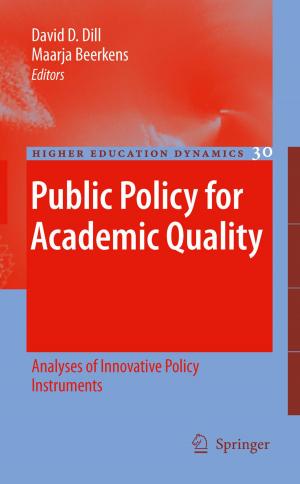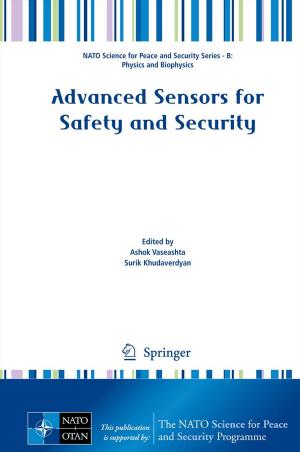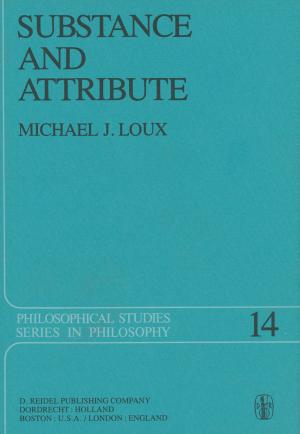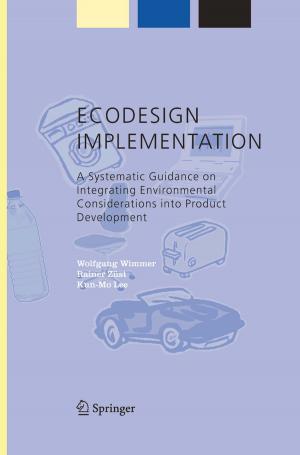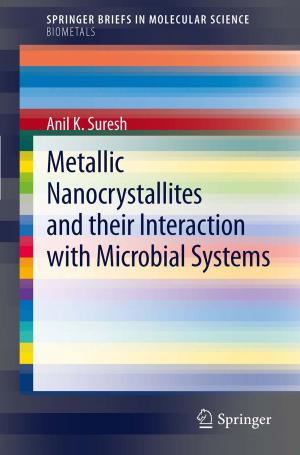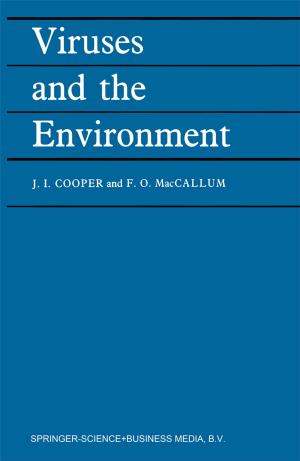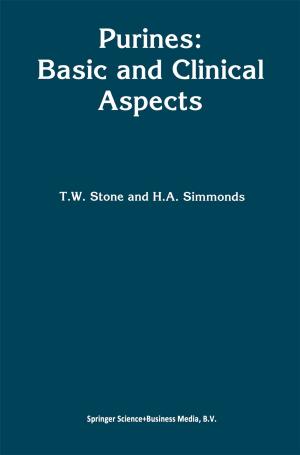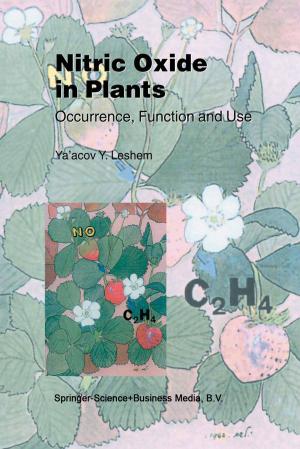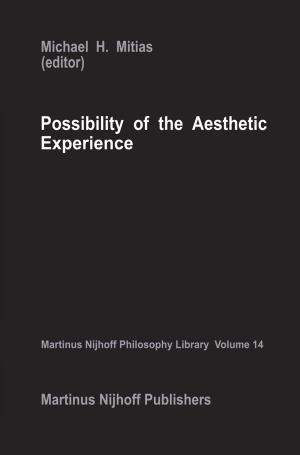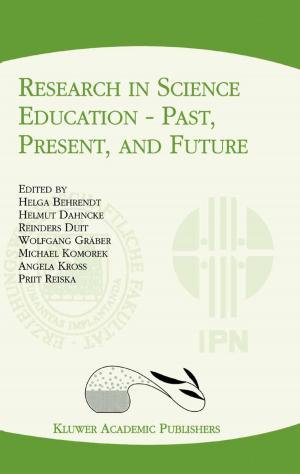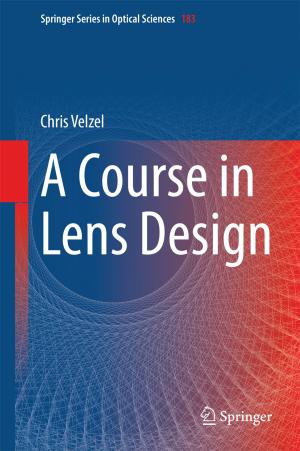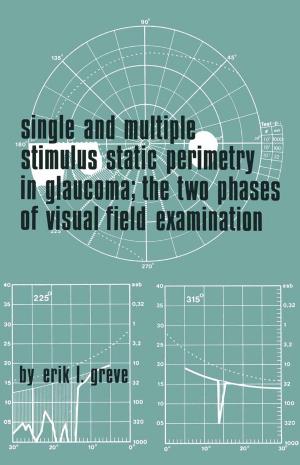Biophysics and Structure to Counter Threats and Challenges
Nonfiction, Science & Nature, Science, Physics, Solid State Physics, Biological Sciences, Biophysics| Author: | ISBN: | 9789400749238 | |
| Publisher: | Springer Netherlands | Publication: | November 28, 2012 |
| Imprint: | Springer | Language: | English |
| Author: | |
| ISBN: | 9789400749238 |
| Publisher: | Springer Netherlands |
| Publication: | November 28, 2012 |
| Imprint: | Springer |
| Language: | English |
This ASI brought together a diverse group of experts who span virology, biology, biophysics, chemistry, physics and engineering. Prominent lecturers representing world renowned scientists from nine (9) different countries, and students from around the world representing eighteen (18) countries, participated in the ASI organized by Professors Joseph Puglisi (Stanford University, USA) and Alexander Arseniev (Moscow, RU).
The central hypothesis underlying this ASI was that interdisciplinary research, merging principles of physics, chemistry and biology, can drive new discovery in detecting and fighting chemical and bioterrorism agents, lead to cleaner environments and improved energy sources, and help propel development in NATO partner countries. At the end of the ASI students had an appreciation of how to apply each technique to their own particular research problem and to demonstrate that multifaceted approaches and new technologies are needed to solve the biological challenges of our time. The course succeeded in training a new generation of biologists and chemists who will probe the molecular basis for life and disease.
This ASI brought together a diverse group of experts who span virology, biology, biophysics, chemistry, physics and engineering. Prominent lecturers representing world renowned scientists from nine (9) different countries, and students from around the world representing eighteen (18) countries, participated in the ASI organized by Professors Joseph Puglisi (Stanford University, USA) and Alexander Arseniev (Moscow, RU).
The central hypothesis underlying this ASI was that interdisciplinary research, merging principles of physics, chemistry and biology, can drive new discovery in detecting and fighting chemical and bioterrorism agents, lead to cleaner environments and improved energy sources, and help propel development in NATO partner countries. At the end of the ASI students had an appreciation of how to apply each technique to their own particular research problem and to demonstrate that multifaceted approaches and new technologies are needed to solve the biological challenges of our time. The course succeeded in training a new generation of biologists and chemists who will probe the molecular basis for life and disease.
